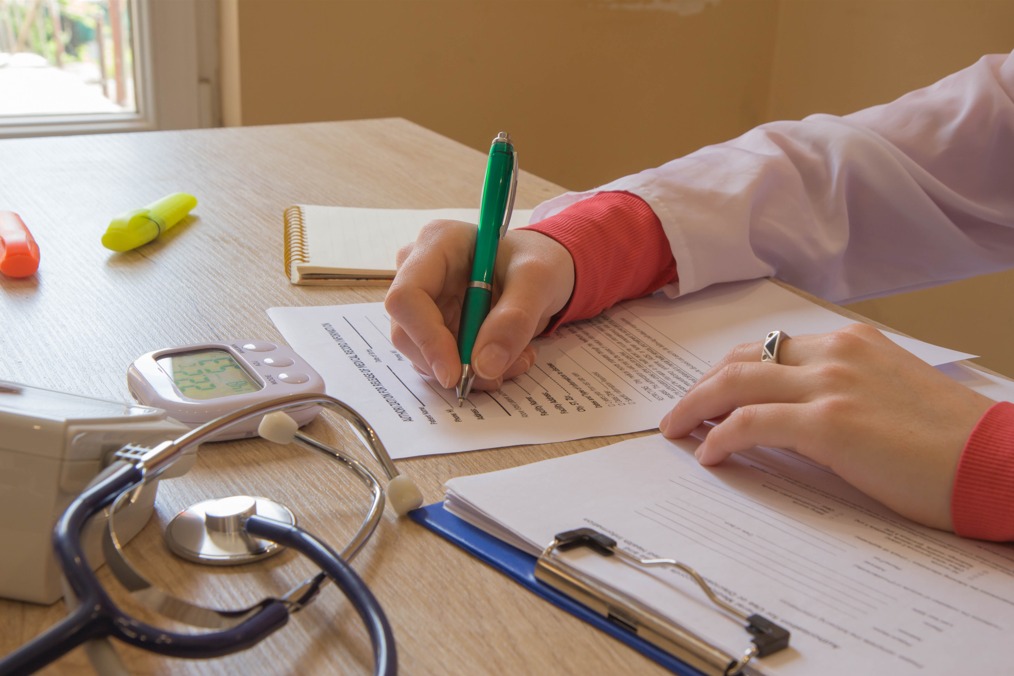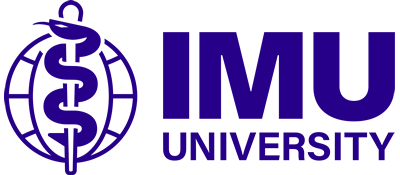
WE are recruiting potential eligible individuals of the Cohort!
- 22 June 2023
What is the SeDia Cohort?
The Seremban Diabetes (SeDia) Cohort is a disease cohort based in Malaysia to study the determinants of complications in individuals with Type 2 diabetes mellitus (T2DM). The SeDia Cohort is a collaborative partnership between the Ministry of Health (MOH), Malaysia and the International Medical University (IMU), Kuala Lumpur. This study aims to examine the roles of genetic, physiological, lifestyle and psycho-social factors in the development of T2DM and its complications. By having a better understanding of how the disease progresses to cause complications, we can contribute to the development of better care to prevent or delay diabetes-related problems.
The SeDia Cohort will focus on diabetic patients registered with the Diabetes Registry of Klinik Kesihatan Seremban, Negeri Sembilan and their family members. With the known genetic link in T2DM, family members of diabetic patients may also have a risk of getting the disease. Hence, adult family members residing in the same household will also be screened to determine if they have diabetes and help us better understand the risk factors for developing T2DM. Recruited patients and their household family members will be followed up every 3 years for a minimum duration of 12 years. Through the SeDia Cohort, we hope to provide a more comprehensive understanding of the causes and development of T2DM and its related complications, with the long-term objective of preventing and controlling diabetes.
What are the activities conducted for the SeDia Cohort?
- Registration
- Your appointment and details will be confirmed at your first visit and logged in the system for follow-up visits every 3 years for at least 12 years
- You will be asked to show your ID, such as your identification card (IC)
- We will provide information on the SeDia Cohort and the tests carried out on your samples
- You will be asked to sign informed consent forms before proceeding to blood collection
- Blood investigation
- A phlebotomist will collect fasting blood of a total of 30 mL at first visit and 20 mL at follow-up visits
- Household family members will be required to do an oral glucose tolerance test (OGTT). Blood would be collected twice from each consenting household family member
- in the fasting state, and
- at 2 hours post-glucose challenge
- Clinical and anthropometric assessment
- Available information (medical history, diagnosis, relevant blood test results, medication and treatment history) will be extracted from your medical records at the clinic
- The interview may take approximately 60 minutes
- Face-to-face interview
- A trained enumerator will interview you on your demographic and socioeconomic information and relevant medical and lifestyle information.
- Trained staff will conduct anthropometric (weight, height, body composition) and blood pressure measurements
- Body composition analysis
SeDia Cohort Frequently Asked Questions (FAQs)
Who is involved in this study?
Patients aged above 18 years old registered with the Diabetes Registry of Klinik Kesihatan Seremban, who have been diagnosed to have type 2 diabetes (T2DM). Family members of registered patients living in the same household will also be eligible to join the study.
How do I join the SeDia Cohort, and what do I need to do?
Patients attending Klinik Kesihatan Seremban and their household family members will be invited by study staff to participate in the study. If you are eligible and you agree to take part in the study, you will first register and make an appointment to attend the community recruitment session event at the clinic. This event will take place on the last two Saturdays of every month and you will be asked to fast at least 8 hours prior to the visit as fasting blood will be collected.
On the day of your appointment, you will first review and sign a subject information sheet and consent form before any tests and questionnaires are performed.
How is the data collected for the study?
- Blood withdrawal.
- Clinical and anthropometric measurement
- Face-to-face interview
How long does it take for completion of the recruitment session?
Approximately 2 hours for diabetic patients and 3 hours for family members.
What are the risks and side effects of participating?
Participation to this study will not affect your treatment at Klinik Kesihatan Seremban and the risk is minimal. You are free to decline to answer any of the questions that you do not feel comfortable with during the recruitment session.
The possible side effects from blood withdrawal include feeling faint, inflammation of the vein, pain, bruising or bleeding at the site of puncture. There is also a minimal possibility of infection. If you are injured because of your specimens being collected, appropriate treatment will be provided by your doctor.
What are the benefits of joining the SeDia Cohort?
You would have the benefit of being screened for complications of diabetes and to be referred to a doctor if needed. This is not a treatment study, and you are not expected to receive other direct medical benefit from being in this study. The knowledge gained from this study may benefit your or other patients in the future.
Your study doctor or a suitable representative inform you soonest posisble of any significant new information learned during the study that might cause you to change your mind about taking part in the study or future studies. You may contact us at any time after your participation ends to find out if any new information about this study has become available.
Can my study participation be terminated?
Participation in this study is entirely voluntary, and you may withdraw your participation at any point in time.
Who do I contact if I have any questions?
You may send your general queries by e-mail to: sediahelpdesk@imu.edu.my Please note that to preserve confidentiality, we will not provide certain specific information or identifying information from the study.
If you have any questions about your rights as a participant in this study, please contact: The Secretary, Medical Research & Ethics Committee, Ministry of Health Malaysia, at telephone number 03-3362 8407/8205/8888.
